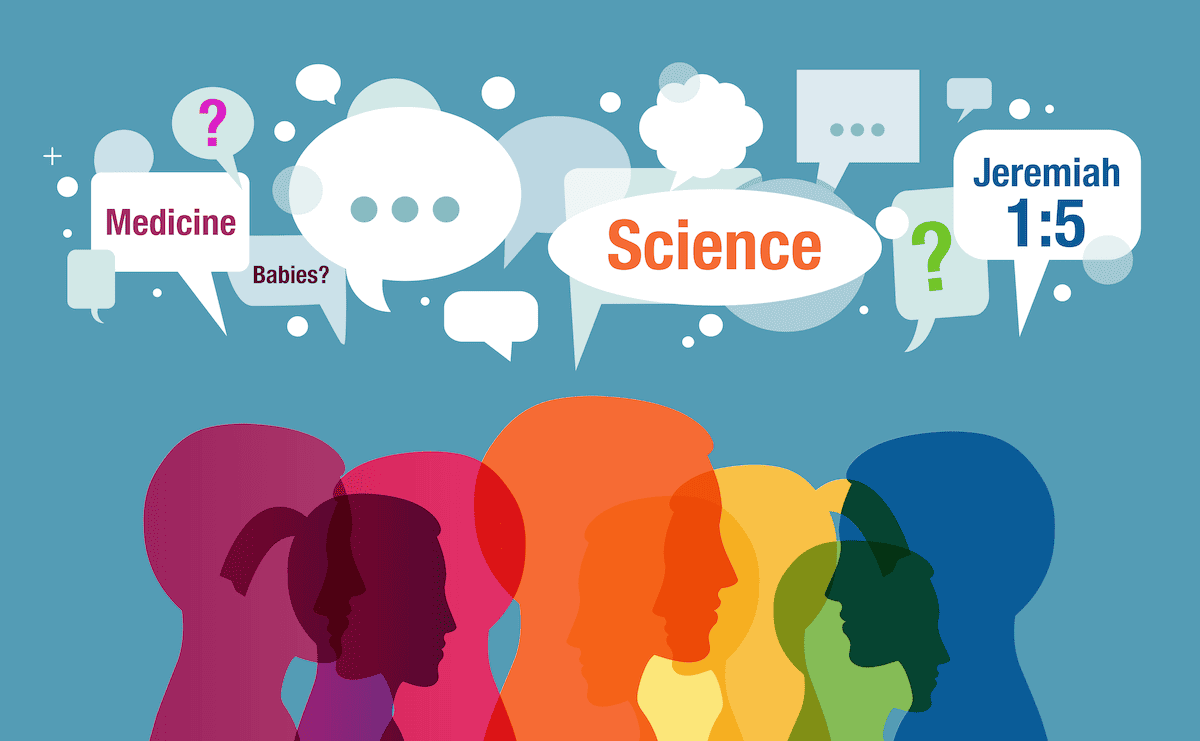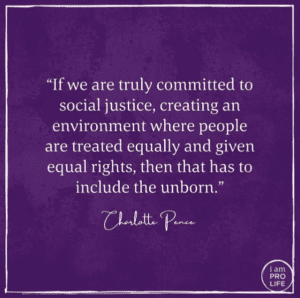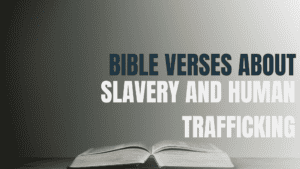There is plenty of evidence in the Bible to answer the question, “When does life begin?” But do science and medicine line up with our faith-based claims? Does life really begin at conception?
When the beginning of life is discussed among youth groups or from the pulpit, it comes with powerful scriptures about preborn life. Usually, these scriptures include Jeremiah 1:5 and Luke 1:41. These scriptures are handy resources when discussing the beginning of life among fellow believers. But what evidence do we have when discussing the same topic amid those who don’t see the Bible as an authoritative source?
Taking a deep dive into the most recent scientific studies on preborn life, we find plenty of evidence that life begins at the moment of conception.
When does life begin scientifically?
For the sake of clarification, let’s define what it means to be a living being. In the most scientific sense of the word, life means, “an organismic state characterized by capacity for metabolism, growth, reaction to stimuli, and reproduction.”
So, when do human beings enter the state of having life?
The "Quickening" and Earthquakes
History states that the first instrument for recording earthquakes was invented by a Chinese philosopher, Chang Heng, in A.D. 132. Before Chang Heng’s clever seismoscope, the best way to tell if an earthquake occurred was through experiencing physical sensations.
If the ground was shaking and houses were falling, and suddenly large pieces of land split open by separating tectonic plates, you were pretty sure an earthquake was taking place.
Of course, since Heng’s invention, we have developed even better tools for understanding earthquakes. Not only do we know when earthquakes occur, but that sometimes they occur even when we don’t feel them. Now, seismograph technology helps us study the Earth’s movements. We know we would be silly to think that earthquakes only exist when we feel them, hear them or find a newly made riff in the field.
For thousands of years, society recognized a pregnancy as “living” when a woman could feel the baby move inside of her. This moment of tangible evidence for life was known as the “quickening.”
Like the seismograph, the invention of ultrasound technology revealed that the presence of life was more than a collection of physical sensations.
Life Begins at Conception
While some argue that there’s no way to know when life begins, advancements in technology and medicine say otherwise. Several obstetric tools produce evidence that life begins at conception. Furthermore, research into the moment of conception has revealed some significant hints at the exact moment of life’s beginning.
Ultrasound Technology
While ultrasound technology was first applied to the field of medicine by Ian Donald in 1956, the wider use of ultrasound for viewing the preborn didn’t occur until the 1970s.
Notably, the greatest revelations of preborn life via ultrasound came around the ruling of the famous Supreme court case, Roe vs. Wade (1973).
Ultrasound technology has improved and evolved exponentially since the beginning. Now, life in the womb is detectable as early as 8 to 12 days post-conception. Additionally, evidence of preborn life can now be viewed through 2D, 3D and 4D ultrasounds.
Embryology and Genetics
As previously mentioned, having “life” means being in ownership of certain potentials. For example, we could say, by definition, that a living human holds the potential to grow, metabolize, respond and reproduce. However, we certainly wouldn’t consider a human any less for not accomplishing these tasks. A man or woman is no less human if they cannot reproduce. Likewise, a person with limited motor skills or an inherited metabolic disorder is equally as alive and human as their non-diagnosed friends and family.
According to studies in Embryology, a developing embryo contains unchanging genetic information for the life it contains. Consequently, a full-grown adult contains the same genetic blueprint as they did as a developing embryo. Knowing this, we can reason that, genetically speaking, life begins at conception.
The Mysterious Light
Equally as interesting, scientists were able to record that bursts of light, fireworks made of zinc, occur at the moment of conception. Researchers say the spark of light hints at the health and viability of an egg. It is interesting to watch.
Scientists document and study the flashes of light that occur at the moment of conception.
When Does Life Begin Medically?
Many medical professionals agree that life begins at conception. Moreover, they acknowledge that mother and preborn child are two patients. Each may be treated and diagnosed differently since their medical needs may vary. As Dr. Jérôme Lejeune, the “Father of Modern Genetics,” stated, “To accept the fact that after fertilization has taken place, a new human has come into being is no longer a matter of taste or opinion … it is plain experimental evidence. Each individual has a very neat beginning, at conception.”
Dr. Lejeune is one of many medical professionals who claim science confirms that life begins at conception (click here for more details).
Oddly, the practice of treating mother and baby as separate patients changes when the topic of abortion is approached. Dr. Lile, who is board certified in obstetrics and gynecology, explains the concept of preborn as patients and the goal of obstetrics.
Dr. Lile discusses how he and his colleges treat the preborn as patients.
When Does Life Begin Legally?
According to the Judicial Learning Center, “Laws protect our general safety, and ensure our rights as citizens against abuses by other people, by organizations, and by the government itself.”
Laws are not intended to outline and quantify humanity. However, some laws establish when and which individuals have a claim to certain rights. For example, although a non-resident of the United States is equally as human as a U.S. citizen, a U.S. citizen will have a claim to certain rights that a non-citizen will not.
But it’s a good thing that law does not determine life! If this were the case, our nation would not have accomplished great historic feats like the abolition of slavery and women’s suffrage.
Had we let the laws of the early 1800s continue to define that slaves were less human than their owners, we would probably still be practicing slavery today.
Dr. Lile Discusses the difference in law between preserving preborn turtles and preborn children.
Thankfully, the advocating of our forefathers and mothers on behalf of basic human rights influenced our nation’s laws to serve all humans, not just those of a specific sex or heritage. Even so, our nation’s laws fall short of fully preserving and protecting all human life equally.
Take, for example, the ruling of Roe vs. Wade and the Endangered Species Act. Both of these influential landmarks of the law were decided in 1973. While the ruling of Roe vs. Wade has allowed for the abortion of 6.3 million preborn children, the Endangered Species Act established that the abortion of preborn turtles is deserving of jail time or a hefty fine of up to $100,000.
Further Research
Evidence of when life begins continues to grow along with scientific and technological advancements. Focus on the Family’s annual See Life event is a great resource for investigating life issues. This year’s series fearlessly investigates the tough questions most people have about the value of life and life rights. Check out this year’s See Life event for more insight into the sanctity of human life.





















